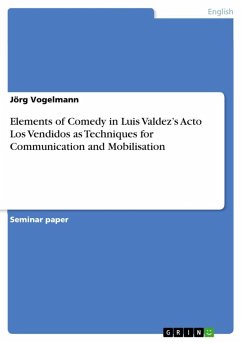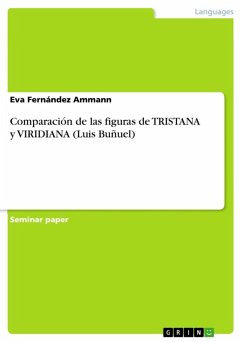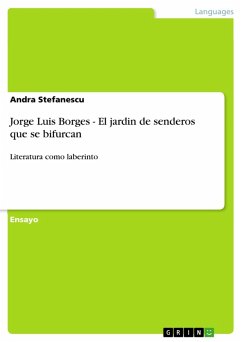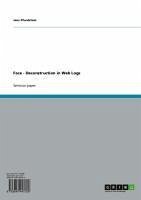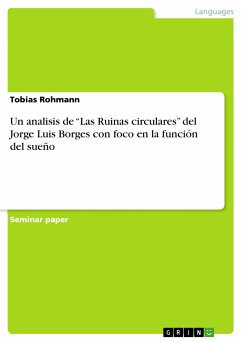Seminar paper from the year 2006 in the subject American Studies - Literature, grade: 1,3, University of Stuttgart, language: English, abstract: In his article "El Teatro Campesino", Luis Frederick Aldama quotes Luis Valdez, one of the most popular Chicano writers, on the ideal of Chicano theatre: "Chicano theatre [...] must be popular [...]; but it must also educate the pueblo toward an appreciation of social change, on and off the stage" (Valdez, quoted in Aldama). These ambitions that Valdez sets for himself as well as for other writers seem very challenging: How does one educate people via theatre plays, motivate one's audience to change prevailing social conditions, and at the same time maintain popularity with one's work? Certainly, one wouldn't be very successful in accomplishing this aim by simply telling one's audience what is wrong in society. Taking into account that "people pay no attention to moralizers," Robert Harris therefore considers irony to be "the only fruitful method" to reveal hypocrisy and flaws in society, as suggested in his article "The Purpose and Method of Satire." Harris's opinion appears to be reflected in Valdez's acto Los Vendidos, in which he frequently uses irony as well as other kinds of comic elements in order to entertainingly educate his audience and to provoke changes. Initially, the comic nature of Los Vendidos is revealed by its ironical aspects. The most obvious instance of Valdez's use of irony certainly is the salesman Honest Sancho himself. In the beginning of the acto, this character appears to be in control of the machines he sells; he seems to be the Mexicans' master, to whose snipping of fingers the various models obey utterly. Even later, when one of the models has been sold, Sancho still shows no signs of the contrary, as can be observed in the instructions he gives to his customer: "Just snap your fingers. He'll do anything you want" (Valdez 605). In the end of the acto, however, it becomes obvious that the audience has been tricked: The Mexicans are the ones who have been in control of things rather than Sancho, who ironically turns out to be "their front" in the end (Worthen 601). By creating such an ironic character, Valdez entertainingly points out to his audience that it is not only the one man in the spotlight who is in control of things, but that the ordinary man in the background, that is farm workers in particular, can have power as well and can use it to improve their situation.
Dieser Download kann aus rechtlichen Gründen nur mit Rechnungsadresse in A, B, BG, CY, CZ, D, DK, EW, E, FIN, F, GR, HR, H, IRL, I, LT, L, LR, M, NL, PL, P, R, S, SLO, SK ausgeliefert werden.



